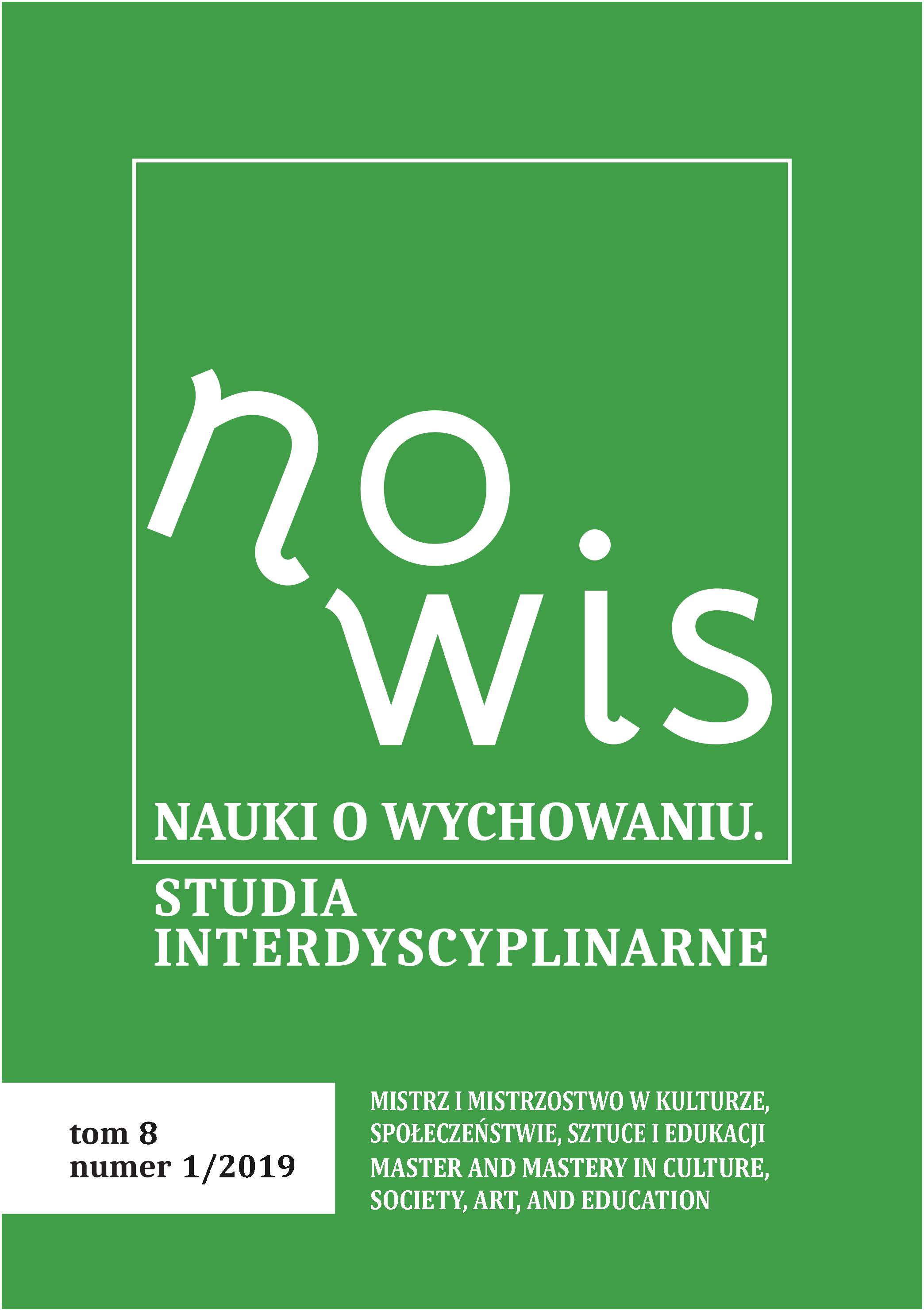The Anti-Masters
DOI:
https://doi.org/10.18778/2450-4491.08.10Keywords:
local research community, living scholarly discourse, a Master, antimasters and their narrationsAbstract
The author’s reflections, which include an autobiographical note, focus on local research communities, that is, communities where the living scholarly discourse usually unfolds within one paradigm and the teachings of a Master which fill this paradigm. The starting point is the observation, referring mostly to the broadly understood humanities, that the discourse within a community which centres on a Master is sometimes imbued with the critical, sometimes even opposing narrations of anti-masters. In the primary relationship, the anti-masters and the Master confront each other as living people, as researchers who sometimes engage in an open debate and sometimes raise a dividing wall of critical silence. Taking into consideration the scale and the contents of these confrontations, the author distinguishes four categories of anti-masters. He also points out that the role of anti-masters in local research communities is often beneficial, especially from the long-term perspective. Their narratives may inspire and expand the community’s scholarly horizons, including, as does occasionally happen, the views of wise Masters and their faithful disciples.
References
Balandier G. (1984) Ład tradycyjny i kontestacja, transl. by J. Kurczewski in: J. Kurczewska & J. Szacki (Eds.), Tradycja i nowoczesność, Warszawa, Czytelnik: 179–212.
Google Scholar
Bokszański Z. (1989) Tożsamość. Interakcja. Grupa. Tożsamość jednostki w perspektywie teorii socjologicznej, Łódź, Wydawnictwo Uniwersytetu Łódzkiego.
Google Scholar
Pawłowski T. (1977) Pojęcia i metody współczesnej humanistyki, Wrocław–Warszawa– Kraków–Gdańsk, Ossolineum.
Google Scholar
Pawłowski T. (1978) Tworzenie pojęć i definiowanie w naukach humanistycznych, Warszawa, Państwowe Wydawnictwo Naukowe.
Google Scholar
Wejland A. P. (2004) Jak żegnać lokalne paradygmaty. O metodologii wywiadu i naukowych wspólnotach dyskursu, “Kultura i Społeczeństwo”, 1: 207–220.
Google Scholar
Wejland A. P. (2010) Dyskurs i tożsamość. Opowieści we wspólnocie naukowej in: Okolice socjologicznej tożsamości. Księga poświęcona pamięci Wojciecha Sitka, I. Taranowicz & Z. Kurcz (Eds.), Wrocław, Wydawnictwo Uniwersytetu Wrocławskiego: 155–182.
Google Scholar
Wejland A. P. (2013) O definiowaniu w humanistyce – między retoryką a etyką in: Nie tylko o wsi... Szkice humanistyczne dedykowane Profesor Marii Wieruszewskiej- Adamczyk, D. Kasprzyk (Ed.), Łódź, Wydawnictwo Uniwersytetu Łódzkiego: 197–225.
Google Scholar
Wejland A. P. (2016) Spojrzeć na świat jak antropolog. Wyzwanie autobiograficzne in: Auto/biograficzne aspekty praktyk poznawczych, M. Kafar (Ed.), Łódź, Wydawnictwo Uniwersytetu Łódzkiego: 33–47.
Google Scholar
Willis P. (2005) Wyobraźnia etnograficzna, transl. by E. Klekot, Kraków, Wydawnictwo Uniwersytetu Jagiellońskiego.
Google Scholar
Downloads
Published
How to Cite
Issue
Section
License

This work is licensed under a Creative Commons Attribution-NonCommercial-NoDerivatives 4.0 International License.





 The journal's website, created and edited by the NOWiS Editorial Team on the Index Copernicus platform:
The journal's website, created and edited by the NOWiS Editorial Team on the Index Copernicus platform: 





